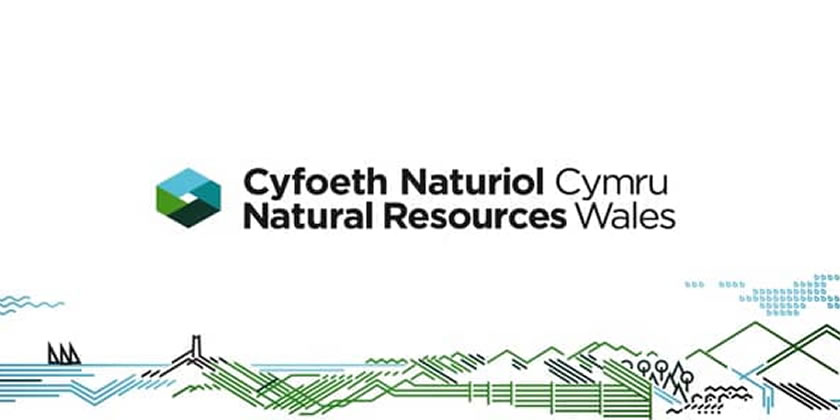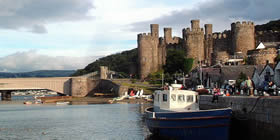
New Approach For Tackling Invasive Non-native Species In Wales
Friday 26th Apr 2024

An innovative approach to dealing with the impacts of non-native species has been launched in Wales.
Funded by the Welsh Government’s new Enabling Natural Resources and Well-being (ENRaW) grant, the Wales Resilient Ecological Network (WaREN) is devising a new collaborative framework that will help public and private bodies and community groups to work together to tackle the significant impacts of invasive non-native species (INNS).
The European Union has a list of 49 ‘species of Union concern’.
Concerted effort is needed to prevent and control these species across Europe.
Sixteen of these species are already in Wales, with 25 in other parts of the UK.
These sixteen species alongside other common INNS have a negative impact on the environment, economy and wellbeing of people in Wales.
Japanese knotweed is notorious for its ability to grow through cracks in hard surfaces, causing damage to structures such as buildings, roads and other works.
The cost to the British economy of this species alone is estimated to be in the region of £166 million a year.
The sap of Giant hogweed contains compounds that, after exposure to sunlight, cause painful blistering to human skin. The skin can be scarred and often remains sensitive to light for many years after the initial blistering.
New Zealand pigmyweed can pose risks of flooding and impedance of water flow and can compromise the quality of our aquatic environment.
Lesley Griffiths, the Minister for Environment, Energy and Rural Affairs said:
“The Wales Resilient Ecological Network (WaREN) project will help foster the collaborative approach that we know is needed to tackle invasive non-native species (INNS).
“The Welsh Government has contributed towards a number of INNS initiatives including North Wales Wildlife Trust’s Our River Wellbeing Project, in which local volunteers are clearing invasive species from over 120km annually of the river Dee catchment.
“They have protected species and habitats, improved water quality and restored access to green spaces. The WaREN project will help us to replicate that kind of success across the whole of Wales.”
Nigel Ajax-Lewis MBE, Head of Biodiversity & Policy for Wildlife Trust of South and West Wales and speaking on behalf of the WaREN Project Board, said:
“With INNS being amongst the top three drivers for Welsh wildlife decline along with climate change and habitat fragmentation, it is hugely important that we all work together to tackle the problem in the most efficient and cost effective way”
WaREN is keen to engage with organisations, businesses and community groups with an interest in INNS. Please get in touch by contacting: walesbiodiversitypartnership@cyfoethnaturiolcymru.gov.uk


